 Your new post is loading...
 Your new post is loading...

|
Scooped by
DocBiodiv
|
Le sol est l'un des écosystèmes les plus divers et les plus complexes de la planète, qui abrite une multitude d'organismes qui remplissent des fonctions essentielles pour la vie. Toutefois, les tendances à long terme des changements liés aux activités humaines et aux changements mondiaux restent mal comprises.

|
Scooped by
DocBiodiv
|
Plusieurs études le prouvent : les événements de mortalité massive d'animaux ont augmenté en fréquence et en ampleur depuis le milieu du 20e siècle, parallèlement au changement climatique.

|
Scooped by
DocBiodiv
|
The German Federal Ministry for the Environment, Nature Conservation, Nuclear Safety and Consumer Protection (BMUV), the UN Environment Programme (UNEP), and the Secretariat of the Convention on Biological Diversity (SCBD) today jointly announced the establishment of a Multi-Partner Trust Fund (MPTF) on Nature for Health.

|
Scooped by
DocBiodiv
|
Au sommaire notamment : Citizen science data for urban planning: Comparing different sampling schemes for modelling urban bird distribution Aimara Planillo & al. Species richness is positively related to mental health – A study for Germany Joel Methors & al. The neighborhood socioeconomic inequalities in urban parks in a High-density City: An environmental justice perspective Ru Zhang, Chun-Qing Zhang& al. Regional planning of river protection and restoration to promote ecosystem services and nature conservation Ana Paula Portela& al.

|
Scooped by
DocBiodiv
|
Pour limiter dépression et anxiété, rien ne vaut des espaces naturels avec des espèces variées de plantes et d’oiseaux, affirme une étude allemande.

|
Scooped by
DocBiodiv
|
La Revue de presse Allemagne évoque la faune sauvage allemande, avec la réintroduction du plus grand rapace européen, le gypaète barbu, dans les Alpes bavaroises, puis l'arrivée d'une nouvelle espèce, le chacal doré, qui s'aventure jusqu'à la mer du Nord, et la surveillance minutieuse de la population de lièvres bruns, qui ont pratiquement disparu du paysage champêtre.

|
Scooped by
DocBiodiv
|
Svenja Schultze, ministre de l'Environnement allemande, a présenté ce mercredi 5 août 2020 un projet de loi visant à réduire la pollution lumineuse et l'utilisation de pesticides. L'objectif : préserver les insectes, particulièrement sensibles à ces nuisances.

|
Scooped by
DocBiodiv
|
Travailler sur la préservation de la biodiversité, c’est un peu tenir le rôle principal d’"Un jour sans fin", ce film d’Harold Ramis où le protagoniste interprété par Bill Murray revit indéfiniment les mêmes scènes. Car les semaines se ressemblent étonnamment pour un biologiste : elles sont de plus en plus en plus fréquemment ponctuées par la publication d’une étude scientifique pointant l’érosion massive de la biodiversité.

|
Scooped by
DocBiodiv
|
La biomasse – c’est-à-dire le poids total de tous les insectes – a diminué de 67 % dans les prairies allemandes. Dans les forêts, elle a diminué d’environ 40 %. Dans cette nouvelle étude dirigée par Sebastian Seibold et Wolfgang Weisse, tous deux professeurs d’écologie terrestre à la TUM, des données sur les insectes volants de 290 sites en Allemagne ont été analysées. La récolte de données a été réalisée entre 2008 et 2017. Les chercheurs ont notamment compté les insectes volants, ainsi que les arthropodes comme les araignées et les mille-pattes, à l’aide de filets et de pièges.
En Allemagne, les fortes chaleurs réchauffent les lacs et les canaux. Plusieurs scientifiques s'alarment de ce réchauffement et craignent une extinction massive des poissons.
Via Hubert MESSMER

|
Scooped by
DocBiodiv
|
Temps pluvieux, castors heureux. C’est sans doute un nouvel adage à venir dans le Pays de Bitche. Les castors sont de retour grâce à un lâché effectué par le Land de Sarre.
|

|
Scooped by
DocBiodiv
|
The North Sea is a key area worldwide for the installation of offshore wind farms (OWFs). We analysed data from multiple sources to quantify the effects of OWFs on seabirds from the family Gaviidae (loons) in the German North Sea. The distribution and abundance of loons changed substantially from the period before to the period after OWF construction.

|
Scooped by
DocBiodiv
|
This round of ERC Advanced Grant funding will help 253 senior researchers carry out their innovative projects. We selected five examples to examine in detail, from Spain, France, Finland, Slovenia and Germany. They deal with biodiversity on islands, the modelling of adaptive and evolutionary biology for single cells, as well as quantum computers made of superconducting electric circuits. In addition, the selected projects tackle questions such as what the Cosmic Dawn looked like, and how language sounds change over time.

|
Scooped by
DocBiodiv
|
Recent declines of many European bird species have been linked with various environmental changes, especially land-use change and climate change. Since the intensity of these environmental changes varies among different countries, we can expect geographic variation in bird population trends. Here, we compared the population trends of bird species among neighbouring countries within central Europe (Czech Republic, Denmark, Germany, Switzerland) between 1990 and 2016 and examined trait-associations with population trends at both national and international scales. We found that Denmark had the highest proportion of declining species while Switzerland had the lowest.

|
Scooped by
DocBiodiv
|
La diversité des espèces de plantes et d'oiseaux, autour de notre lieu de vie, aurait un impact sur notre santé mentale et, indirectement, sur notre santé physique. Cette nouvelle n'est pas très surprenante et prouve l'importance des espaces verts dans notre vie quotidienne. Dans ce monde où le minéral gagne toujours plus de terrain sur les espaces verts pour répondre à la demande en logements, une étude met en lumière l'importance de la biodiversité pour la santé mentale de la population.

|
Scooped by
DocBiodiv
|
Abstract: Nature benefits human health. To date, however, little is known whether biodiversity relates to human health. While some local and city level studies show that species diversity, as a measure of biodiversity, can have positive effects, there is a lack of studies about the relationship between different species diversity measures and human health, especially at larger spatial scales. Here, we conduct cross-sectional analyses of the association between species diversity and human health across Germany, while controlling for socio-economic factors and other nature characteristics.

|
Scooped by
DocBiodiv
|
Les citoyens, eux aussi, s’emparent directement de la transition énergétique. une troisième forme d’énergie se dessine, loin du paternalisme énergétique traditionnel, l’énergie citoyenne. On peut ainsi nommer des projets de production énergétique initiés par des collectifs de citoyens et/ou des collectivités locales. En Allemagne, près d’un tiers des projets des installations de production d’énergies renouvelables sont ainsi initiées par des citoyens ! L’énergie citoyenne allemande représentait en 2016 le 14ème producteur d’électricité européen.

|
Scooped by
DocBiodiv
|
On the occasion of the 15th BMBF Forum for Sustainability (13-14 May 2019) on "Maintaining Biodiversity – Researching for our Future" and the "Research Initiative for the Conservation of Biodiversity", the authors of this Research Agenda underwent an intensive exchange process to identify and coordinate the most important research needs in and on inland waters. The exchange with the "Coastal Research Strategy Group" of the "German Marine Research Consortium" reflects the (original) connectedness of inland and coastal waters.

|
Scooped by
DocBiodiv
|
Une nouvelle étude, publiée dans la revue "Nature", conclut à une accélération de l'effondrement des populations d'arthropodes, dans les forêts et prairies d'Allemagne. Les chercheurs ont analysé à la fois le nombre d'individus et leur biomasse, c'est-à-dire leur poids total. Pour ces deux indicateurs, les chiffres sont sidérants. Dans les prairies, la population d'individus capturés a chuté de 78% et leur biomasse de 67%. Dans les forêts, le déclin est respectivement de 36% et 41%.

|
Scooped by
DocBiodiv
|
Compared to a decade ago, today the number of insect species on many areas has decreased by about one third. This is the result of a survey of an international research team led by scientists from the Technical University of Munich (TUM). The loss of species mainly affects grasslands in the vicinity of intensively farmed land – but also applies to forests and protected areas.

|
Scooped by
DocBiodiv
|
The German Network-Forum for Biodiversity Research (NeFo) is the national focal point for scientists, policy-makers and other stakeholders working in the field of biodiversity research and policies. NeFo was set up to improve the information and knowledge exchange both between and within these different stakeholder groups (e.g. between different research disciplines).
|
 Your new post is loading...
Your new post is loading...
 Your new post is loading...
Your new post is loading...






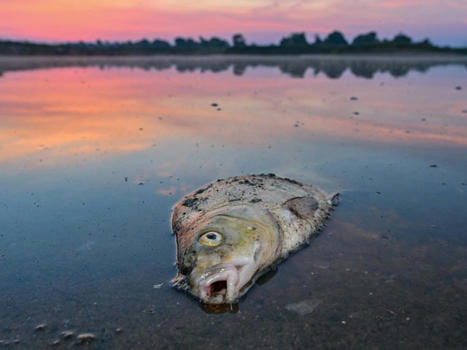
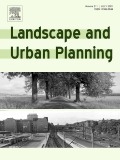
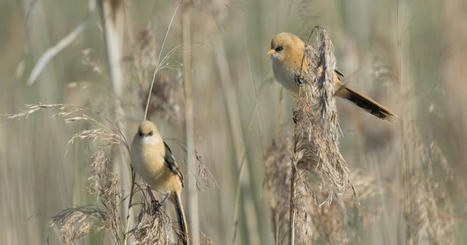
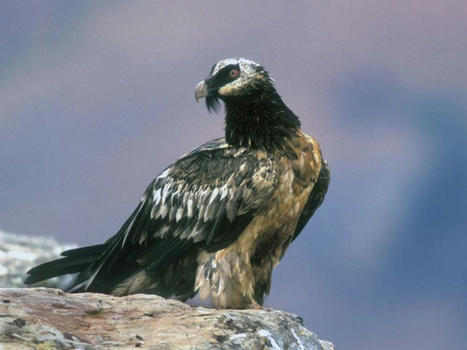

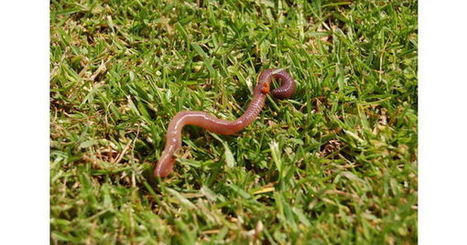
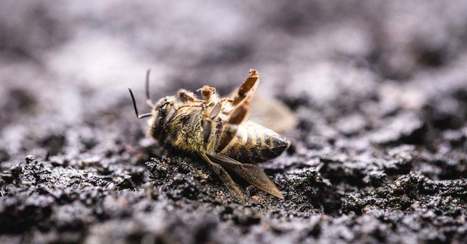
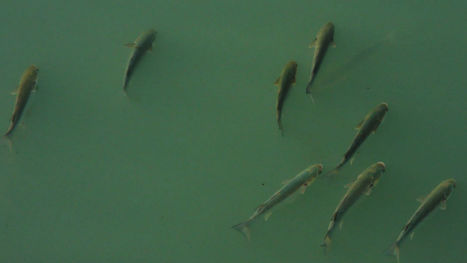
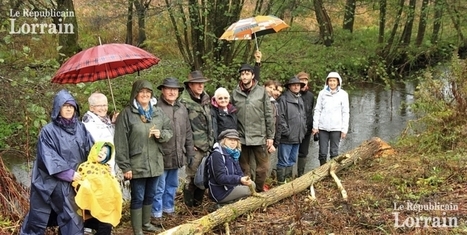
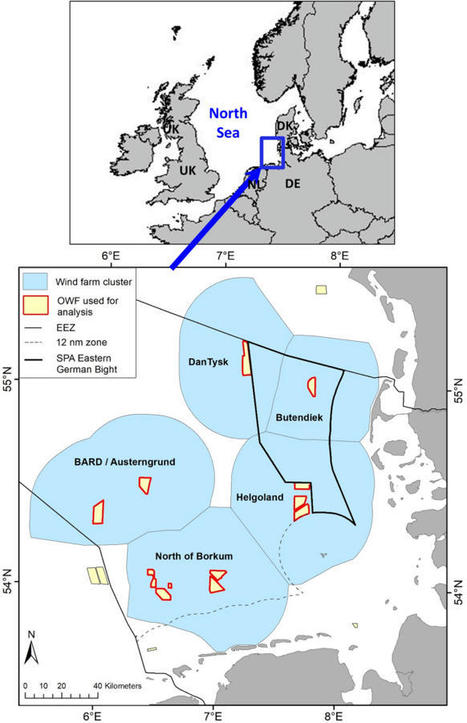
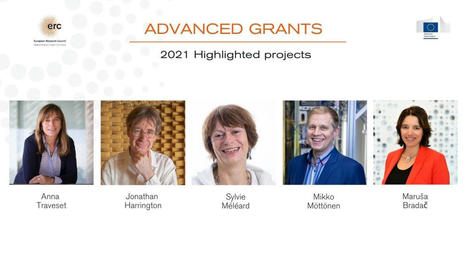
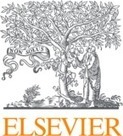



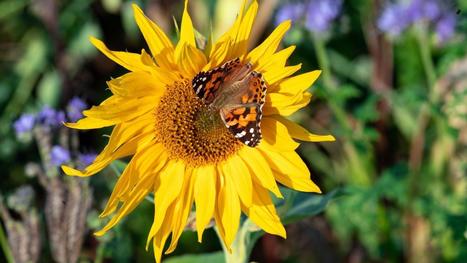






Le rapport via Biodiversa+ (European Biodiversity Partnership) @BiodiversaPlus